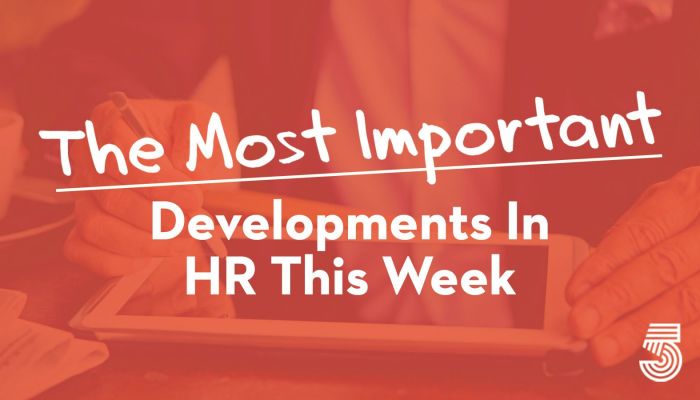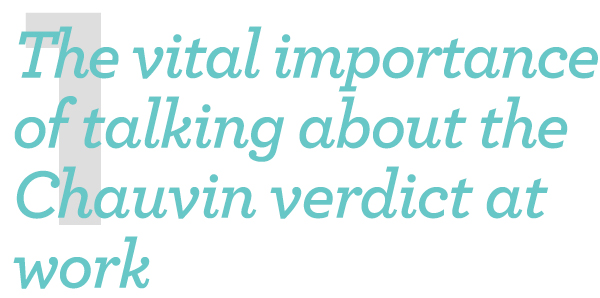
The news that a jury found former Minneapolis police officer Derek Chauvin guilty of murdering George Floyd is already sparking a wide range of reactions, from celebration and relief that Chauvin is being held accountable, to grief, anxiety, and anger over Floyd’s death and continued police violence against Black people. Black Americans in particular are likely to be experiencing a range of emotions right now. In the coming days, it will be crucial for managers and employers to support their Black employees by acknowledging that. “A lot of times we aren’t sure what to say, so we just back away and don’t say anything,” says social psychologist Evelyn Carter, the director of training and people development at the diversity and inclusion firm Paradigm Strategy. Company leaders need to fight that instinct, acknowledging the historic verdict and its effect on Black people. “If you try to pretend like it’s not happening, you run the risk of sending a message to Black folks that says, I don’t care about how this is impacting you.” Another crucial piece of advice to managers: Don’t expect business as usual in the wake of the verdict, even though the not-guilty finding many were fearing did not materialize. Quartz at Work
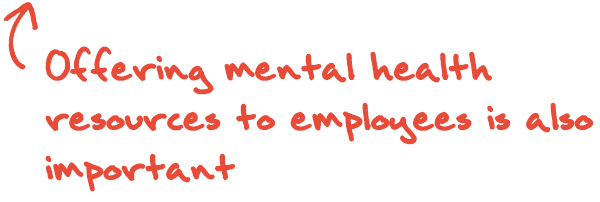
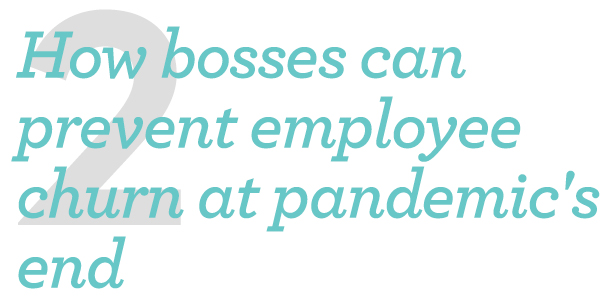
Surveys and stories have piled up showing that maybe one out of four millennials plan to quit their job as soon as the pandemic really is over. As one report by the consulting firm Eagle Hill put it, “The employee turnover tsunami is coming.” What’s really notable about the pandemic on job turnover, though, is the high levels of burnout workers have reported. Burnout is emotional and physical exhaustion caused by too much stress. Younger workers, women, and parents of young kids in particular have reported feelings of burnout. In talking with founder and CEO Atif Siddiqi of the Minneapolis-based software firm Branch, the lesson of the last year is that building a flexible workplace really matters. Branch shifted to a remote-first model, he said, rather than have office work be the default setting. Flexibility means more than being allowed to work from home. It also means more employee control over the hours of work, permission to put no meeting days into the schedule so they can work uninterrupted on key projects and so on. Star Tribune

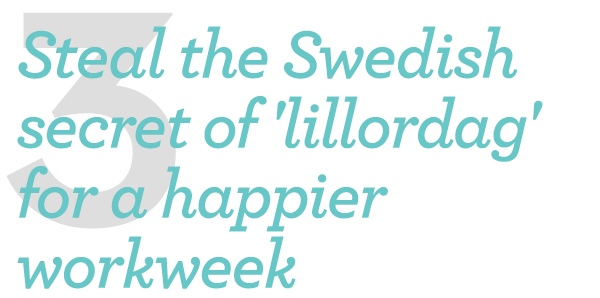
With vaccination rates climbing, bosses and workers across the country are wrestling with what the post-pandemic workweek should look like. The Swedes have a suggestion for a little ritual to add to your schedule to make your new normal, whatever it ends up looking like, a little more joyful. While there is no consensus about what our workweeks after COVID should look like, surveys show trends are starting to emerge. Employees want to hold on to some but not all of their remote days, for instance, and a huge number tell pollsters they want to continue working from home either Monday or Wednesday. It’s not hard to figure out why Mondays are popular. Intuitively it just feels like a longer stint away from the office will be more refreshing. Time-use experts, however, insist that intuition is wrong. Several have argued that if you’re looking to break up your in-office grind, a mid-week break is your best bet. A change of pace on Wednesday acts like a palate cleanser, making the two days on either side feel like a lighter lift. That means you get more refreshment bang for your buck with a midweek intervention than a weekend-adjacent one. Inc.

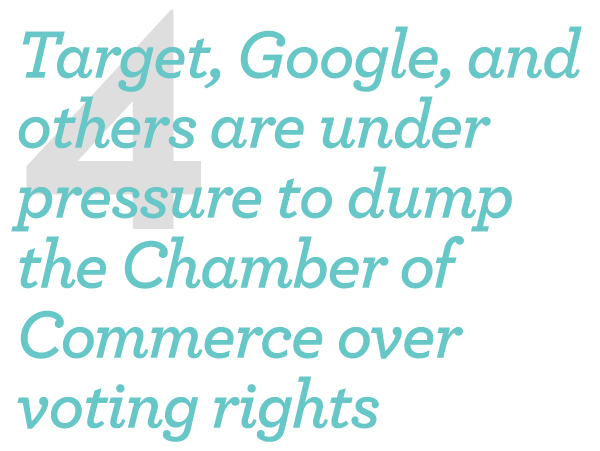
Progressive activists are calling on Ford, Target, Google, Bank of America, and other major companies that have pledged to support voting rights to cut ties with the U.S. Chamber of Commerce, CNN Business has learned. At issue is the Chamber of Commerce’s fierce opposition to the Democrats’ sweeping voting bill known as the For the People Act, which advocates say would counter efforts by Georgia and other states to impose new voting restrictions. Letters were sent to 17 companies that Accountable.US says are official Chamber of Commerce members, including Target, BlackRock (BLK), Citigroup, Google, Microsoft (MSFT),

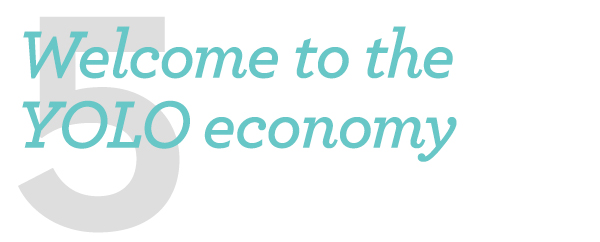
Something strange is happening to the exhausted, type-A millennial workers of America. After a year spent hunched over their MacBooks, enduring back-to-back Zooms in between sourdough loaves and Peloton rides, they are flipping the carefully arranged chessboards of their lives and deciding to risk it all. Some are abandoning cushy and stable jobs to start a new business, turn a side hustle into a full-time gig, or finally work on that screenplay. Others are scoffing at their bosses’ return-to-office mandates and threatening to quit unless they’re allowed to work wherever and whenever they want. And while some of them are just changing jobs, others are stepping off the career treadmill altogether. If this movement has a rallying cry, it’s “YOLO” — “you only live once,” an acronym popularized by the rapper Drake a decade ago and deployed by cheerful risk-takers ever since. “We’ve all had a year to evaluate if the life we’re living is the one we want to be living,” said Christina Wallace, a senior lecturer at Harvard Business School. “Especially for younger people who have been told to work hard, pay off your loans, and someday you’ll get to enjoy your life, a lot of them are questioning that equation. What if they want to be happy right now?” The New York Times







